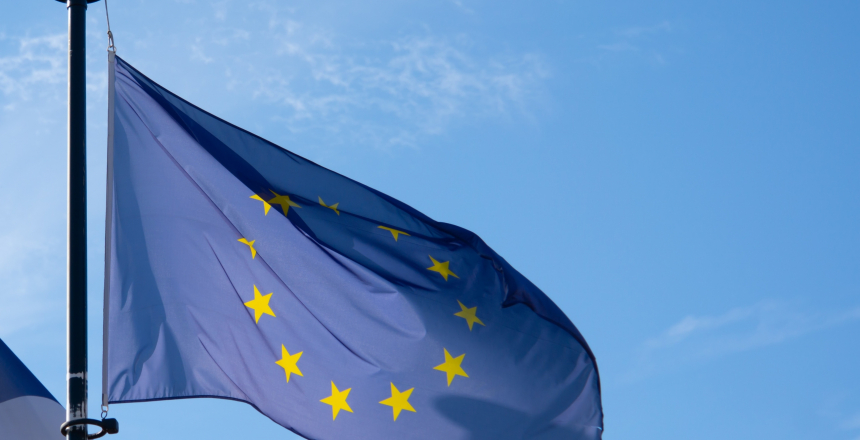The Fair Standards Alliance (FSA) supports the European Commission’s aim to create a “fair and balanced” framework for licensing of standard essential patents (SEPs). The FSA very much agrees with the Commission that the current system for licensing SEPs “is not transparent, predictable and efficient.”
The Commission has announced a call for evidence, accompanied by a consultation on a “new framework” for SEPs.
The FSA is pleased to see that the Commission appears to recognise numerous problems with the current system that slow the pace of innovation, hamper development in critical technologies, and delay the scaling up of start-ups and SMEs, particularly in Europe.
We could not agree more that currently SEP licensing is highly inefficient, including concerns we have been very vocal about, such as ‘hold-up’ and ‘forum shopping’.
Hold-up has previously been defined by the Commission as SEP holders “acquiring control over the use of a standard” and then “refusing to license the necessary IPR or extracting excess rents by way of excessive royalty fees” after the adoption of the standard. The strategic use of courts in different jurisdictions – or even switching courts in the midst of litigation within the same jurisdiction – is also symptomatic of the system lacking basic legal consistency. We regularly observe such practices in the market, and have raised concerns about them.
The FSA also agrees with the Commission that SEP licensing today is characterised by (i) insufficient transparency and predictability; (ii) uncertainty about FRAND terms and conditions; and (iii) high enforcement costs and inefficient enforcement.
We are also encouraged to see that the Commission intends, in its work towards the new framework, “to rely on relevant jurisprudence by the Court of Justice of the European Union (CJEU)”.
The FSA has long advocated for legal certainty that can only be achieved if basic legal continuity is preserved, including on the questions the CJEU has ruled on, such as limiting use of injunctions in the SEP licensing disputes.
Relatedly, it is just as encouraging to see the Commission recognise that legal certainty can hardly emerge from national courts adopting “different interpretations of both the concept of FRAND itself and the process for negotiating the FRAND terms and conditions.”
“The work on this ‘new framework’ is just picking up speed, but it is reassuring to see the Commission acknowledge the many deficiencies the current SEP licensing system suffers from,” – said Evelina Kurgonaite, Secretary General of the FSA. “We look very much forward to continue working with the Commission towards a truly ‘fair and balanced’ SEP licensing framework.”


